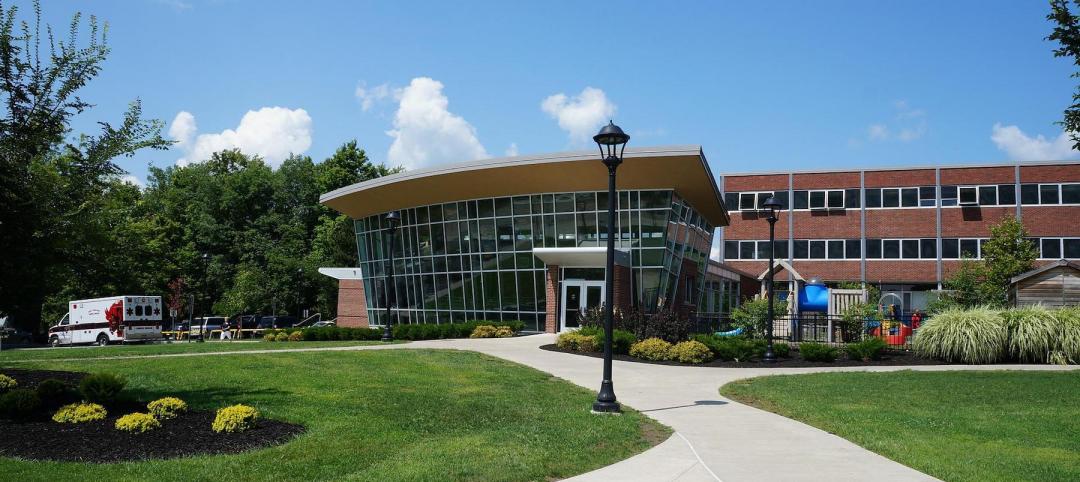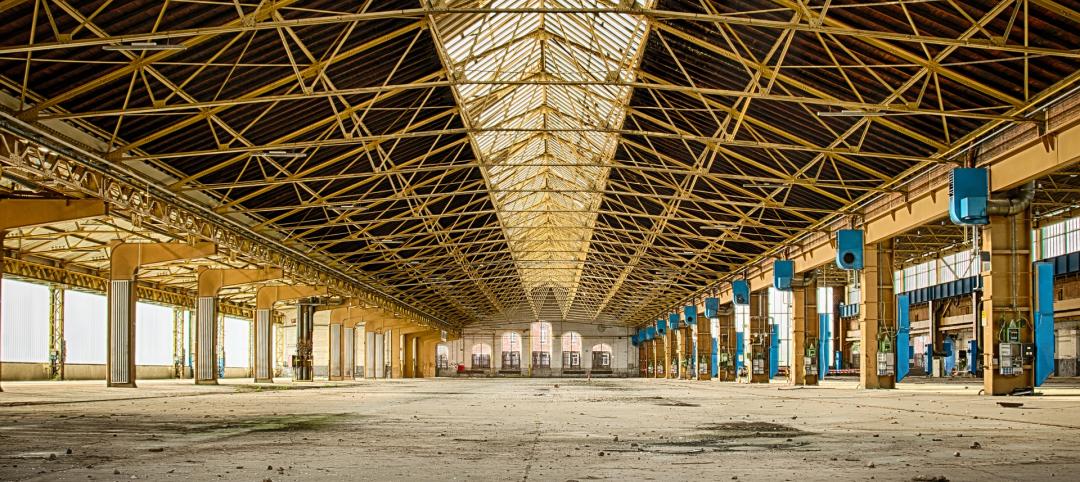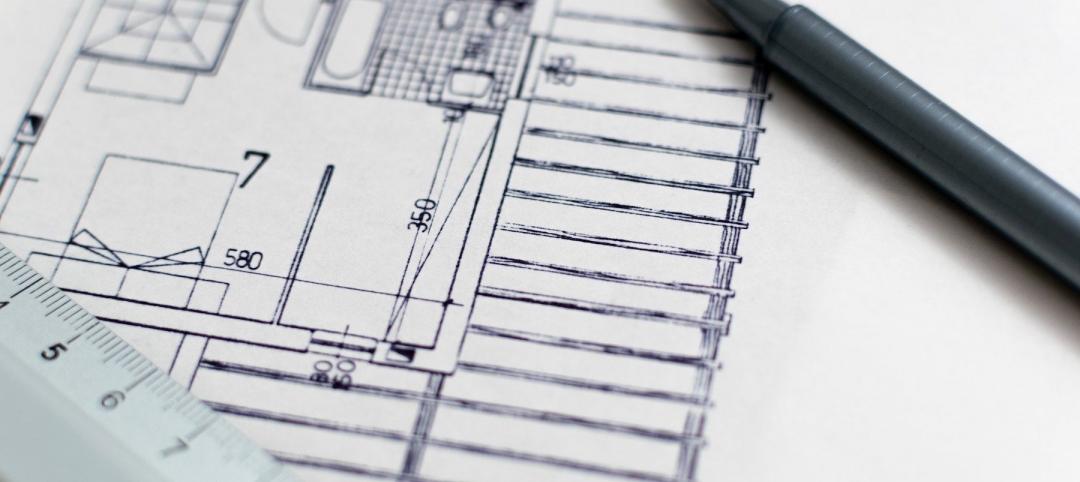Commercial property owners should commit to greenhouse gas (GHG) reduction—a strategy that reaps financial benefits and prevents buildings from becoming stranded assets, according to an energy efficiency consultant writing in GlobeSt.
A systematic drive to reduce emissions across the portfolio will garner savings on energy and water, as well as on levies for exceeding carbon emissions standards enacted by local governments. Decarbonization can avoid “stranded assets … properties that will be exposed to the risk of early economic obsolescence due to climate change because they will not meet future regulatory efficiency standards or market expectations.”
The first step is to set minimum standards for the entire portfolio and efficiency goals for individual properties. Portfolio standards could be performance based (e.g., 10% reduction of all assets by 2030), or prescriptive based (e.g., 100% LED lighting at all assets by 2025).
An energy and water audit, a comprehensive analysis of the property’s energy and water consumption using the ASHRAE Energy Audit Standards, should be conducted at each site. The audit measures energy and water usage, identifies property conditions that may cause excessive use, and provides efficiency measures to improve energy and water efficiency.
Other GHG reduction measures include building automation and controls, retro-commissioning, sourcing green energy from utilities, fully electrifying buildings, and integrating renewable energy systems into the property.
Related Stories
Legislation | Apr 11, 2022
Dept. of Energy releases RFI for K-12 schools energy upgrade program
The U.S. Dept. of Energy (DOE) released a Request for Information (RFI) to help decide how best to spend $500 million from the recently passed federal infrastructure law for K-12 public school energy upgrades.
Codes and Standards | Apr 8, 2022
Dept. of Energy boosts energy efficiency standards for federal buildings
The Department of Energy’s recently released new energy efficiency standards for federal buildings.
Codes and Standards | Apr 7, 2022
Uptake of low-carbon materials expected to get a boost from federal building plan
Low-carbon materials will get a sizeable boost via purchases through a federal $3.4 billion building plan to modernize U.S. border crossings.
Codes and Standards | Apr 6, 2022
ABC and AFSP form partnership on mental health and suicide prevention in construction
Associated Builders and Contractors and the American Foundation for Suicide Prevention recently formed a partnership to address mental health and suicide prevention in the U.S. construction industry.
Codes and Standards | Apr 5, 2022
New York City chooses 20 firms for architectural design services on future public building projects
The New York City Department of Design and Construction (DDC) has contracted with 20 firms to provide architectural design services for the city’s future public buildings projects under the latest round of DDC’s Project Excellence Program.
Codes and Standards | Apr 4, 2022
Construction of industrial space continues robust growth
Construction and development of new industrial space in the U.S. remains robust, with all signs pointing to another big year in this market segment
Legislation | Apr 1, 2022
American Bird Conservancy doubles capacity to test bird-friendly glass
American Bird Conservancy (ABC), working with Washington College in Maryland, says it has doubled its capacity to test and rate glass and other materials for their ability to deter bird collisions.
Modular Building | Mar 31, 2022
Rick Murdock’s dream multifamily housing factory
Modular housing leader Rick Murdock had a vision: Why not use robotic systems to automate the production of affordable modular housing? Now that vision is a reality.
Legislation | Mar 31, 2022
Bill in Washington State would fund seismic retrofits in schools
A bill recently passed by the Washington State Senate could unleash hundreds of millions of dollars for school seismic retrofits over several years.
Legislation | Mar 30, 2022
Wisconsin legislators expand the scope of interior design in the state
Legislators in Wisconsin passed a bill, quickly signed into law by the governor, that codifies holistic interior design legislation and significantly expands the scope of interior design in the state.

















